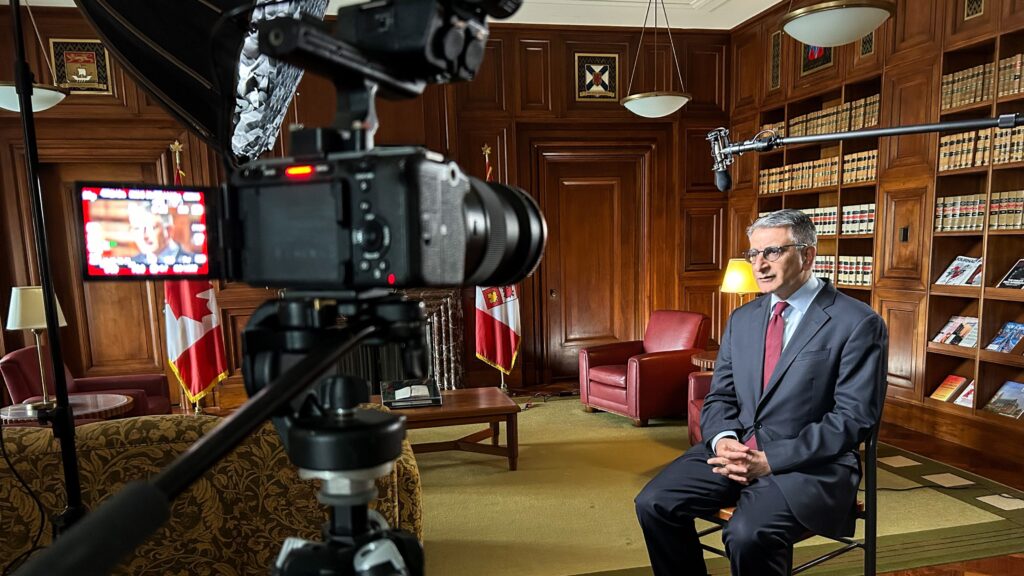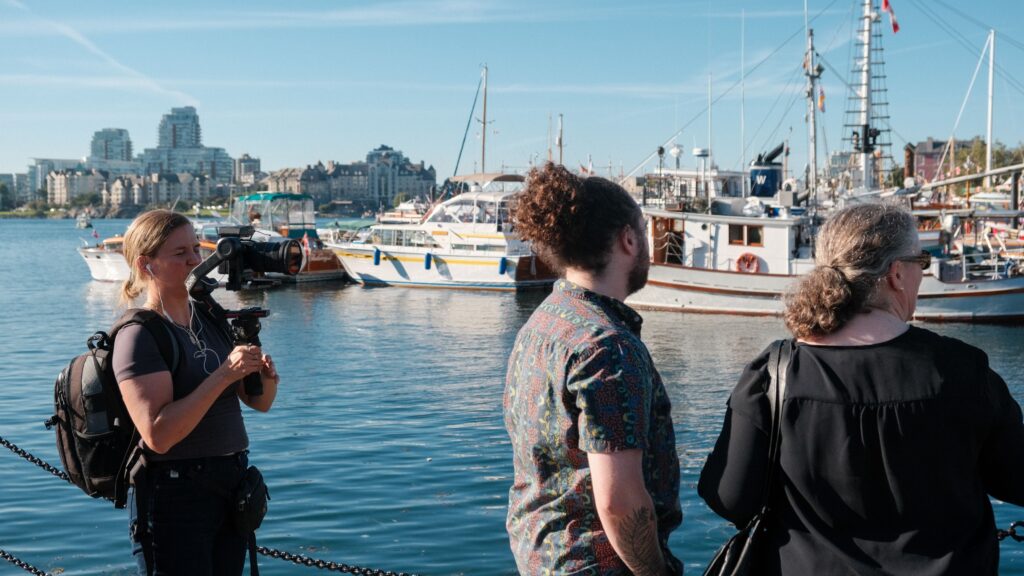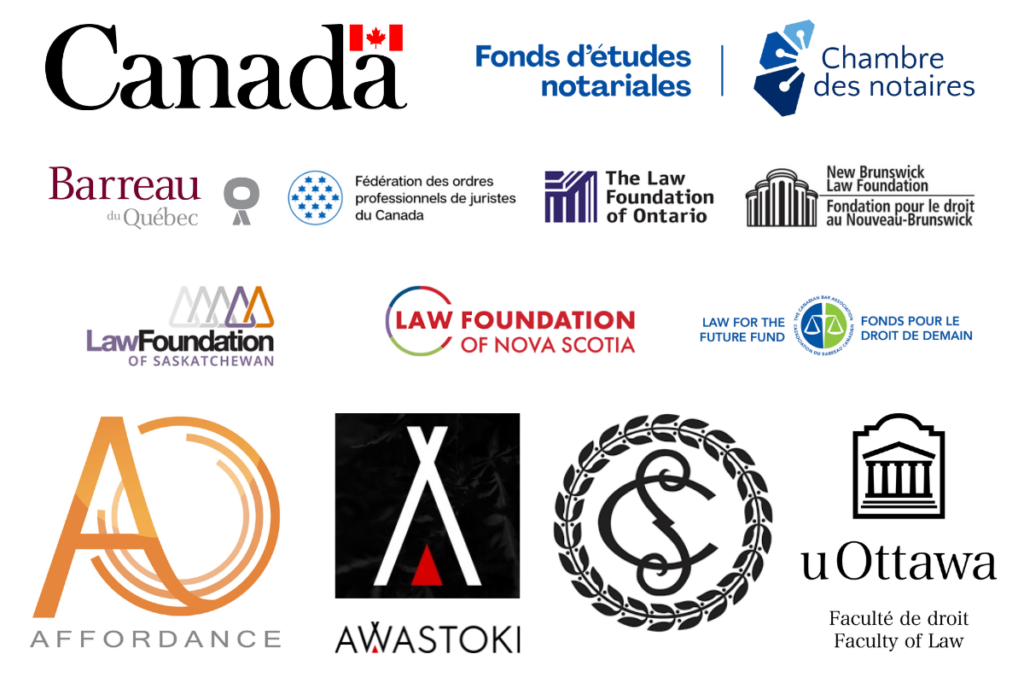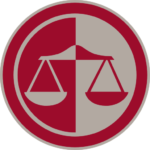The highest judicial institution in the country, the Supreme Court of Canada will celebrate its 150th anniversary in 2025. Yet, despite the Court’s undeniable impact on Canadian society, politics and economy, its workings, history and legacy remain largely unknown to the public.
To address this issue, the University of Ottawa’s Faculty of Law and its audiovisual platform Jurivision will launch in September 2025 a multimedia learning experience in both French and English that will offer an unprecedented immersion in the Court’s activities and the daily lives of its justices. The project will explore the evolution of the institution from its modest origins and its influence on the lives of Canadians.
For more than a year, a team of professors, lawyers, documentary filmmakers, an expert in educational technology and students have been working at the intersection of research, education and media production to build an educational ecosystem that will be freely accessible online.
“This knowledge mobilization project bridges the legal, creative and academic worlds to produce innovative digital tools that will enable all Canadians to discover Canada’s highest court in an accessible and engaging way,” says Étienne Trépanier, Director of Jurivision, which is leading the project.
“Our Faculty is proud to support the democratization of knowledge about the Supreme Court of Canada, an institution vital to our democracy and the rule of law in Canada,” says Marie-Ève Sylvestre, Dean of the Faculty of Law’s Civil Law Section.

A documentary-based online course
The first component of this ecosystem is massive open online course consisting of documentary capsules on the workings, history and impact of the Court on Canadian society. This course is intended not only for law students, but for anyone interested in Canadian politics, the history of Canada and its institutions, and the evolution of Canadian society.
Chief Justice Richard Wagner, former Chief Justice Beverley McLachlin, Justices Mary Moreau and Mahmud Jamal will provide behind-the-scenes insights into the workings of the Court and the daily lives of justices. Learners will discover more about the relationship between politics and the Court with former federal Justice Minister David Lametti. Experienced litigators will recount the experience of taking a case to the pinnacle of the judicial system and arguing it before nine judges. University researchers will dissect the history of the institution and the challenges it faces.
Learners will also be able to view short documentaries on the experiences of citizens across Canada who have fought legal, social and political battles all the way to the Supreme Court, sometimes for more than a decade. “Beyond the institutional framework, the Supreme Court is also the scene of extraordinary human stories,” points out Nicolas Monet, content producer, researcher and scriptwriter.
“People often have the impression that the Supreme Court is an institution that deals with big questions of principle, far removed from the reality of everyday life,” he adds. It was important for us to show that, on the contrary, the Court has a direct impact on the lives of Canadians. To show why it’s important to understand what happens at the Supreme Court.”

An interactive virtual adventure to discover the Court
Aimed more specifically at young people, an interactive virtual experience akin to a video game is being developed in collaboration with developer Affordance Studio. A realistic virtual reconstruction of the iconic Supreme Court building has been created for the occasion.
“It’s going to be an immersive adventure at the Supreme Court, in which we explore all sorts of places within the building, while learning about the judicial system and the history of the Court,” explains Jamie Dorval Caya, production manager at Affordance. “We’ll be able to bring the experience of the building to those who don’t have the chance to come on site.”
The virtual experience will be available on computer, via the Steam platform, and on mobile.
The entire project is made possible through the collaboration and funding of law foundations across the country and Canadian Heritage.


